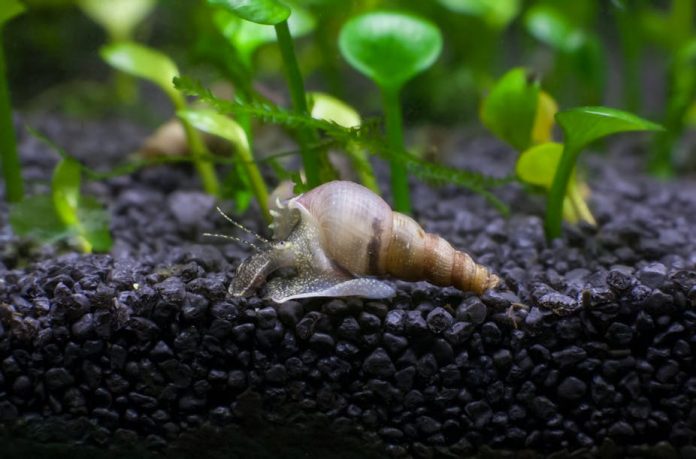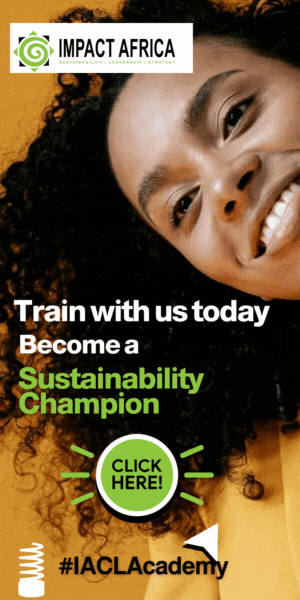By Emmanuel O. Akindele
Plastic pollution is a serious environmental menace. A recent United Nations Environment Programme report indicates that there could be more individual plastic items than fish in the oceans by 2050.
People continue to find ways of using plastic because it is easily shaped and lasts a long time. The world’s plastic production currently stands at about 380 million tonnes a year. That also means there has been a surge in plastic pollution.
Nigeria, whose population has been predicted to be the third largest in the world by 2050, uses 0.85 million metric tonnes a year and in 2010 accounted for 2.67% of the world’s mismanaged plastic waste.
Environmental researchers are finding that pollution produced in one environment finds its way to others via rivers and oceans. It also finds its way into food chains, including food that people eat. Plastics greater than 5mm in size – macroplastics – are often broken down into smaller pieces – microplastics. This often happens through ingestion and digestion by animals.
In the first study of its kind, my research group investigated microplastic pollution in the Osun River system in Nigeria. We did this by testing for microplastics in gastropods, commonly known as snails. We found fibre was the most common microplastic in the species. This is the first chemical identification of polymer types in African freshwater invertebrates.
To provide a comparison we also researched microplastics in a gastropod species in the Rhine River, an international river with economic importance.
Our findings revealed the presence of microplastics in both rivers, with higher microplastic load per individual in the African gastropods. Polyethylene, nylon and polypropylene plastic types, which are commonly being used as shopping bags and bottle caps, were recorded in the study.
Our findings provide insights into the differences between a developed nation that has good waste management practices and a developing nation with poor waste management practices.




